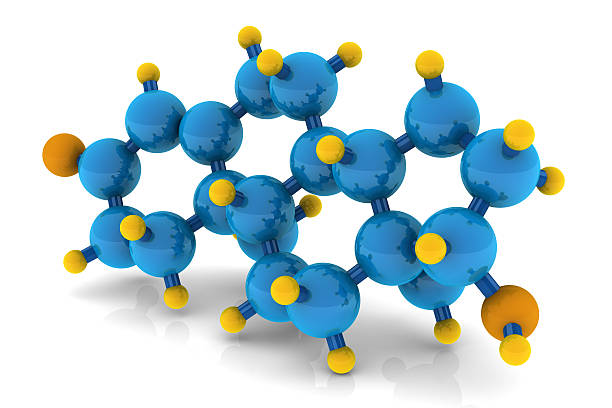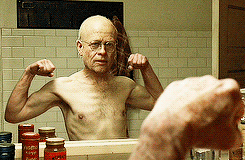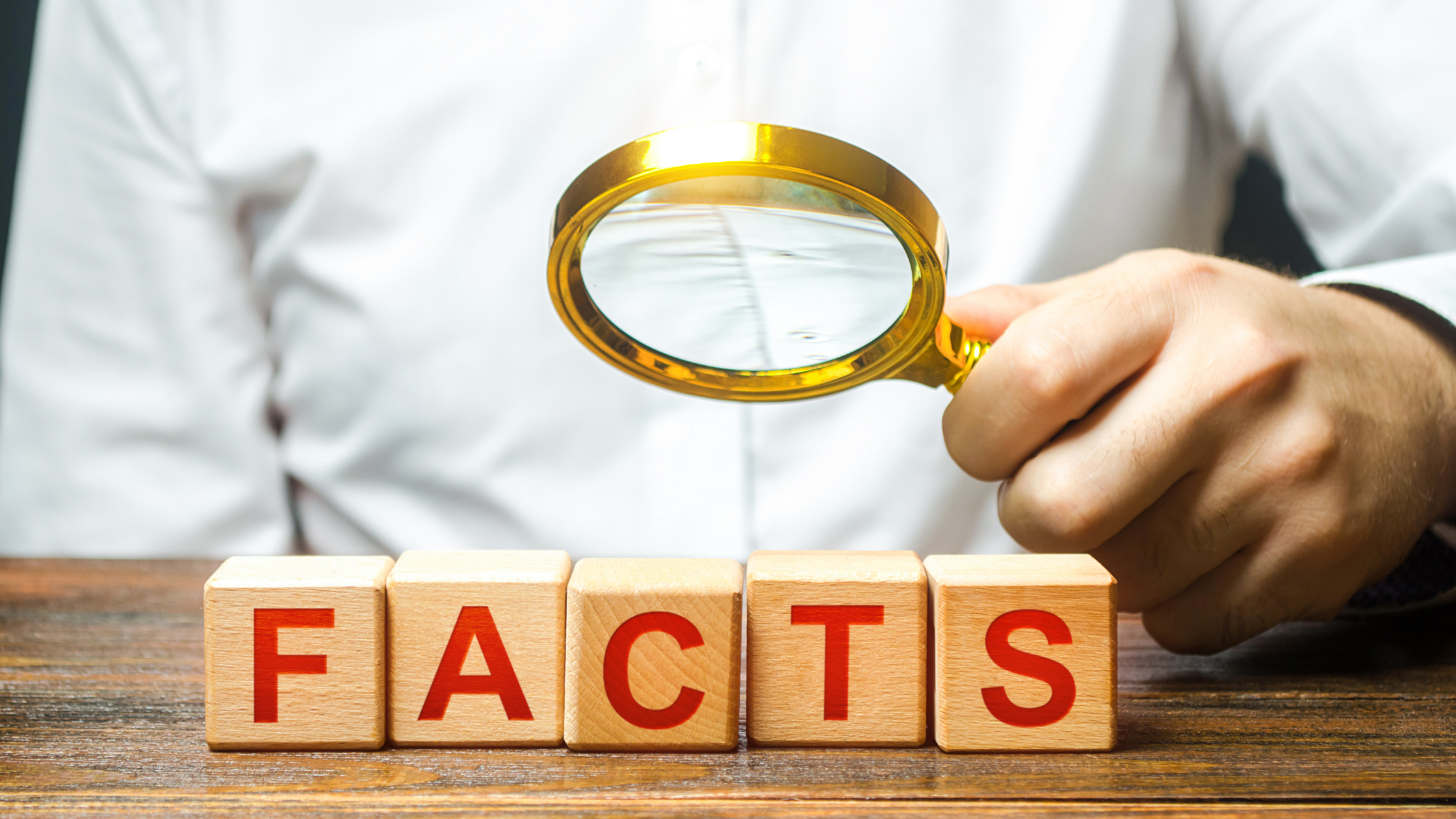Men often assume that low testosterone levels are at the root of all their problems and replenishing the hormone will fix any issue from weight gain to a low sex drive.
As a result, testosterone replacement therapy (TRT) is more popular than ever. However, due to many misconceptions about its side effects, testosterone therapy is sometimes considered a contentious topic. But it doesn’t have to be.
Demystifying Other Myths About the Molecule

TRT is a medical treatment used to restore testosterone in those with low levels. Testosterone is an androgen or sex steroid hormone produced in the testicles and it regulates several important bodily functions in men, such as the growth of facial and body hair, sperm production, libido, bone density, red blood cell production, and muscle mass.
In men, testosterone levels decline naturally with age and if they fall to an abnormally low level—known as hypogonadism—they may require treatment to restore them to a healthy level.
The goal of testosterone therapy is to improve symptoms due to low testosterone, such as decreased libido, erectile dysfunction, poor concentration, decreased muscle mass, infertility, night sweats, fatigue, depression, and mood swings. This treatment may also be used to treat medical conditions such as muscle wasting, osteoporosis, and delayed puberty in boys.
What is the truth about testosterone replacement therapy, and how can men separate fact from fiction when it comes to this treatment?
Myth: Testosterone replacement therapy increases the risk of cardiac issues.
FACT: Recent medical studies have disproven this and show that TRT may even have a positive impact on cardiovascular health.
The latest study pertaining to this, published in the New England Journal of Medicine, found that among men with low testosterone who had or were at high risk for cardiovascular disease, receiving testosterone replacement therapy in the form of a gel was not associated with serious cardiac events, such as heart attacks or stroke.
However, this research was conducted on men who already had both low T and risk of heart disease, NOT on healthy men without any preexisting conditions. So, before you embark on your TRT journey, consult a trained medical professional such as an endocrinologist or urologist. Proper dosing and supervision by an experienced healthcare provider reduce any potential risks associated with treatment.

Myth: TRT causes the Ron Swanson effect– the belief that taking testosterone will turn men into hyper-masculine, mustachioed behemoths.
FACT: TRT is designed to replace the testosterone that men naturally lose as they age and will not turn anyone into a caricature of manliness.
The Ron Swanson Effect gained fame with the show Parks and Recreation. Actor Nick Offerman played Ron, the stereotypical tough, masculine man.
Testosterone is linked to masculinity, but the truth is more nuanced. A study from the Journal of Clinical Endocrinology and Metabolism states that the effect of testosterone on aggression and hypersexual behavior is heterogeneous and contextual. TRT is not a causal factor for increased aggression in men. Misconceptions may come from the media’s dramatized portrayals of TRT or the out-of-date alpha-male mentality.
Myth: TRT causes hair loss.
FACT: Testosterone levels can contribute to hair loss, but it’s not the only factor. Baldness is a complex process influenced by genetics and lifestyle choices.
While it’s true that testosterone can cause hair loss in men who are predisposed to it, TRT does not cause hair loss in men who weren’t already losing their hair. In fact, some studies have suggested that TRT may even help to regrow hair. (But keep in mind that the researchers tested this in women). Overall, if you require TRT due to medical reasons, its benefits outweigh any adverse effects.
Myth: TRT causes mood swings.
FACT: Most men who undergo TRT report feeling better overall.
While it’s true that mood swings can be a side effect of TRT, they’re not an inevitability. Men with low testosterone levels often report feeling sluggish, depressed, and unmotivated, and TRT can help to alleviate these symptoms. It can boost sex drive, energy levels, and mood.
Studies on elderly men (ages 70 and above) have shown that testosterone therapy has a positive effect on mood and depressive symptoms.

Myth: TRT can reverse aging.
FACT: TRT can only improve the symptoms of low T that come naturally with aging.
A growing number of men are turning to testosterone replacement therapy to combat the effects of aging and reclaim their vitality. But TRT isn’t the miracle cure for aging. For men with low levels of testosterone due to age, injury, or illness, the therapy can provide a better quality of life and vitality by improving energy levels, libido, muscle mass, bone density, and cognitive functioning.
However, taking extra testosterone when the body is already producing adequate amounts puts the individual at an increased risk for blood clots due to the thickening of the blood, shrinking of the testes, decreased sperm counts, and the development of acne. In a way, one could say it does promote anti-aging, but by reverting the body’s physiology to that of childhood or adolescence.
While it’s important to dispel misconceptions about TRT, it’s also crucial to know who absolutely cannot opt for the therapy. People who should avoid TRT include:
- breast cancer or prostate cancer patients
- anyone with prostate nodules, induration, or high prostate-specific antigen levels
- anyone with elevated hematocrit levels and thrombophilia
- anyone with untreated and severe sleep apnea
- anyone with congestive heart failure, or a history of stroke or heart attack
TRT is multifaceted and complex, and a nuanced and evidence-based approach is necessary for making the best health decisions.
The treatment can be administered through injections, patches, gels, and more, but its effects depend on factors such as age, weight, and health history. The proper use and administration of any forms of supplemental testosterone need to be prescribed and monitored by a medical professional. You can start your consultation with one of our medical professions to see if TRT can help you by clicking here.
By shedding light on the facts and busting the myths surrounding testosterone replacement therapy, we hope to empower men to make informed decisions about their health. Scientific research is constantly evolving, and physicians will continue to examine the safety and benefits of this therapy. So, it is crucial to seek the guidance of an expert who specializes in hormone therapy and stay up to date with the latest developments.
Disclaimer:
The opinions shared in this article belong to the author and, like all content on Gambit’s Health Hub, should not be considered a replacement for professional medical advice, diagnosis, or treatment. If you have any health-related inquiries, consult with your preferred healthcare professional or visit a licensed, Canadian physician through Get Gambit for a supported condition.
This article has been medically reviewed by:
Dr. Taneer Ahmed, MBBS, MS
